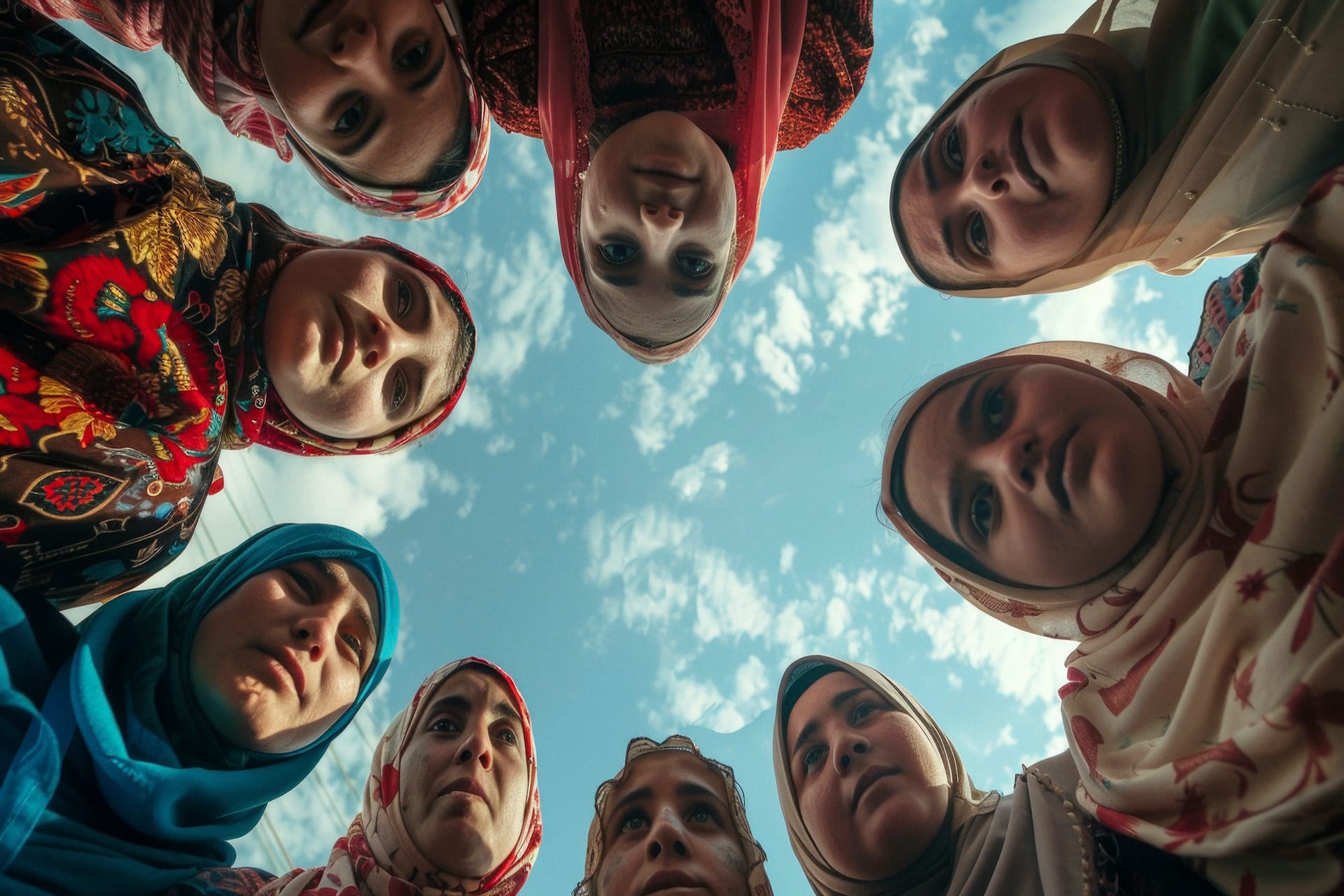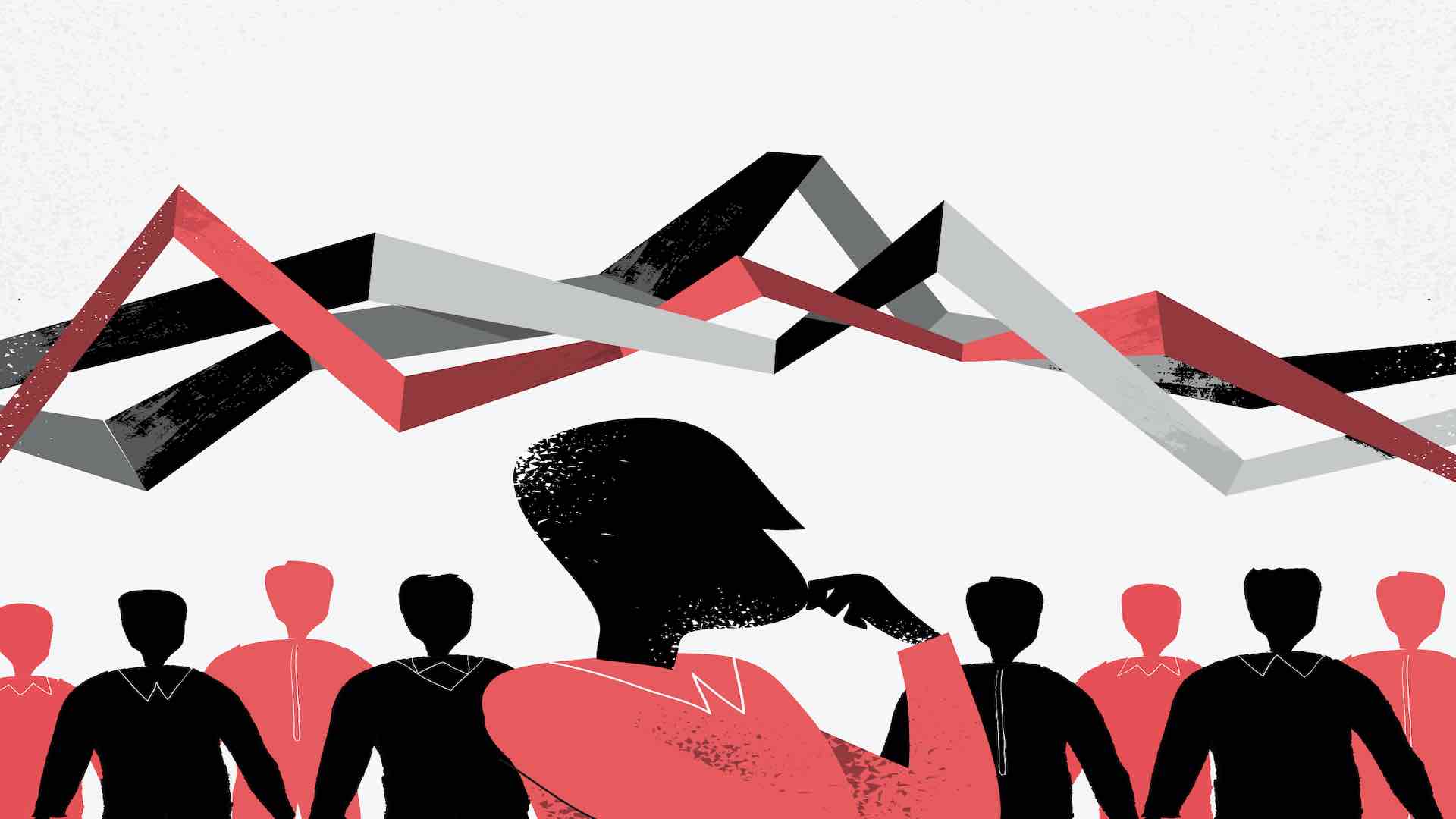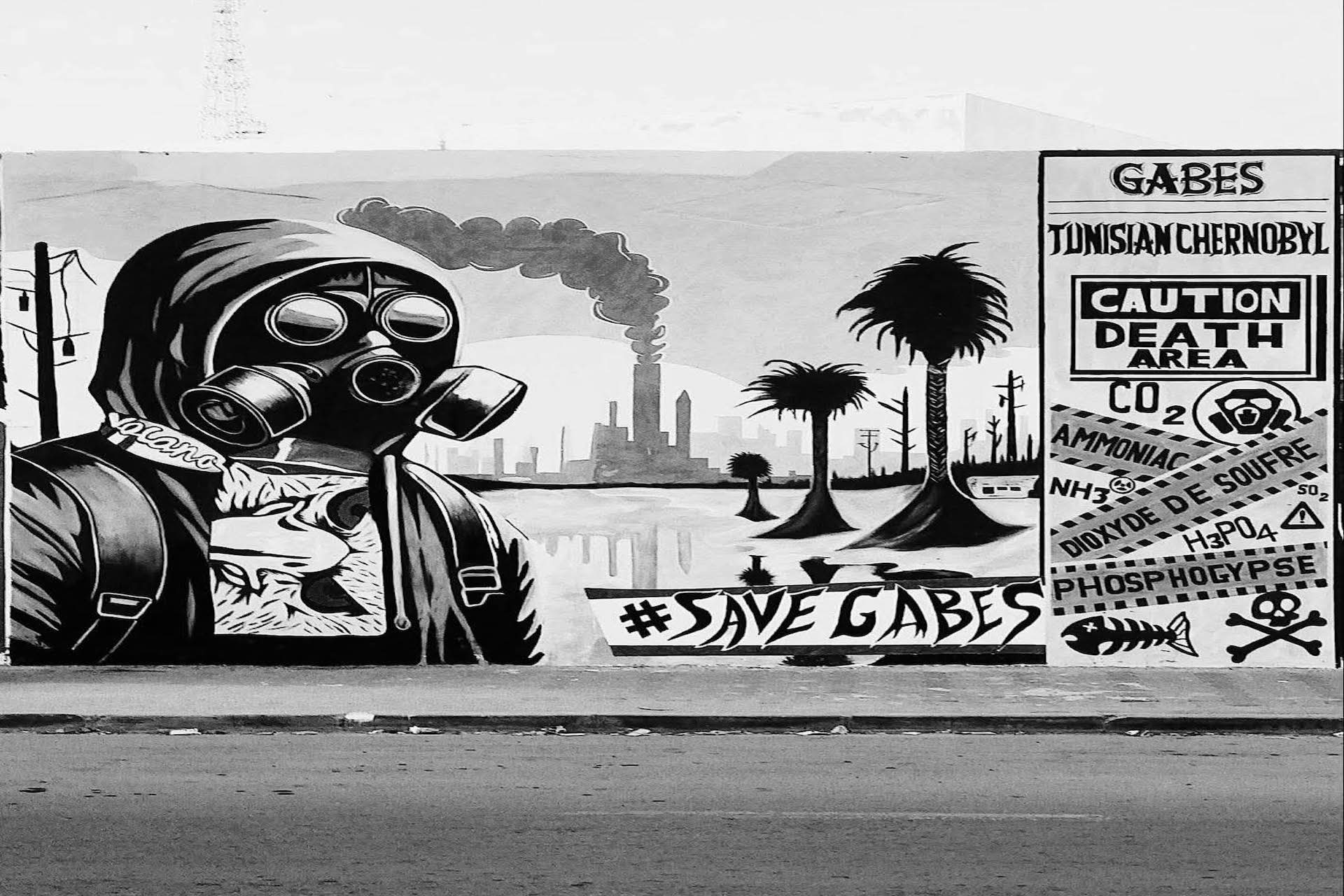Introduction
TikTok’s rise in Tunisia has been explosive. What began as harmless dance challenges and comedic clips has evolved into a complex digital ecosystem involving livestreams, virtual gifts, agency recruitment, and real financial transactions — all flowing outside traditional regulatory systems.
At first glance, TikTok appears to offer Tunisian youth a rare economic opportunity during a period of unemployment and economic stagnation. However, behind the screen lies a darker reality: fraud, sexual exploitation, grooming, digital addiction, economic opacity, and the rise of a financial black market.
With no comprehensive digital monitoring system, no child protection framework, no taxation transparency, and little parental awareness, Tunisia is witnessing the birth of a dangerous unregulated industry.
This investigation explains why Tunisian youth are now at the highest risk in the platform’s history.
1. The Viral Obsession With TikTok Livestreams
Livestreaming content has become the fastest way for Tunisian youth to earn money on TikTok. During a TikTok LIVE session, viewers can send virtual gifts that convert into real currency. Teenagers can earn more through gifts in one evening than many adults make in a week.
This earning potential has created:
- unhealthy competition between teens,
- obsession with viewer counts,
- pressure to perform provocative content,
- identity built on digital applause.
Unlike traditional work:
- there is no labor law protection,
- no age verification,
- no psychological guidance.
Minors stream for hours at night, seeking gifts from strangers — often unsupervised in bedrooms.
2. High Earnings Without Regulation
In Tunisia, some teenage TikTokers have reportedly earned hundreds of dinars in a single session. On paper, this sounds empowering. In reality:
- the income is untaxed,
- money circles through informal channels,
- minors do not declare earnings,
- parents rarely understand the system.
Because no authority tracks it, livestream income contributes to the shadow economy.
Worse, minors normalize financial reward for attention — a psychological trap.
3. Agencies Are Recruiting Minors
Digital agencies in Tunisia register TikTok accounts under their networks to take percentages of gifts. They promote:
- “battle streams,”
- dance challenges,
- exaggerated emotional performances,
- provocative interaction with strangers.
Agencies do not check age. Some encourage minors to pretend to be adults, increasing their earnings while exposing them to predatory viewers.
Without contracts or legal protections, these agencies operate entirely outside Tunisia’s business framework.
4. Fraud Schemes Are Increasing
The rise of livestream earnings has opened the door to various scams:
- agencies taking illegal commissions,
- minors forced to meet “gift targets,”
- unofficial currency exchanges,
- fake “boosting services”,
- gift laundering.
Gift laundering allows scammers to turn stolen funds into TikTok diamonds, which then appear as harmless digital gifts. Authorities struggle to track this practice.
Fraud thrives where transparency dies.
5. Grooming and Sexual Exploitation
TikTok LIVE is one of the most dangerous environments for minors. Predators:
- hide behind anonymous accounts,
- use coded language,
- request movements or poses,
- offer gifts in exchange for suggestive acts.
Because parents are unaware of livestream features, minors often comply, believing they are simply “following the trend.”
The shame of exposure prevents reporting.
6. Absence of Digital Monitoring and Cyber-Protection
Unlike Europe, Tunisia lacks:
- comprehensive age-verification,
- livestream age restrictions,
- digital education programs,
- mandated content moderation,
- parental control infrastructure.
There is no Tunisian digital safety authority focused specifically on:
- minors on livestream platforms,
- financial fraud inside virtual ecosystems,
- cross-border digital exploitation.
This institutional gap leaves youth unprotected.
7. Money Transparency Issues
Virtual gifts convert into TikTok “diamonds.” These diamonds are cashed out through:
- PayPal,
- foreign bank accounts,
- cryptocurrency,
- private intermediaries.
Since Tunisia restricts cross-border currency flow, many teens use unofficial brokers.
These brokers:
- take large percentage cuts,
- avoid any taxation,
- operate in WhatsApp and Telegram groups,
- remain invisible to authorities.
This is the definition of an informal financial sector.
8. The Rise of a TikTok-Driven Black Market
Because TikTok earnings bypass traditional banking systems, Tunisia is witnessing:
- cash circulation outside state control,
- foreign currency evasion,
- growth in crypto-based payouts,
- a parallel economy.
This black market:
- weakens national monetary policy,
- encourages illegal income channels,
- risks money laundering operations.
It is the first time teenagers have accidentally become economic participants in the illegal financial ecosystem.
9. Absence of Governmental Tools
Government institutions currently lack:
- real-time social media monitoring software,
- partnerships with TikTok,
- Arabic AI moderation,
- digital-age legislation,
- financial oversight of virtual gifting.
Without these tools, Tunisia cannot:
- track minor exploitation,
- regulate digital agencies,
- investigate currency flow,
- identify grooming patterns.
Social media platforms have grown faster than Tunisian law.
10. Psychological Damage Among Tunisian Youth
TikTok reshapes:
- self-esteem,
- identity,
- peer relationships,
- body image.
Minors exposed to sexualized livestream trends face:
- anxiety,
- depression,
- bullying,
- shame,
- sleep deprivation.
Virtual validation becomes addictive, replacing real social development.
11. The New Social Culture of Fame
Because fame is now accessible:
- minors imitate adult behaviors,
- compete for provocative attention,
- associate self-worth with viewer numbers.
In school, popularity is increasingly defined by livestream success. This gamification of identity is psychologically damaging.
12. Schools Are Not Prepared
Tunisian schools:
- do not teach digital citizenship,
- lack trained counselors,
- ignore online peer pressure,
- punish symptoms instead of addressing causes.
The curriculum does not reflect modern digital risks.
13. Parents Do Not Understand the Platform
Most Tunisian parents assume TikTok consists of harmless dancing videos. In reality:
- financial transactions occur silently,
- adult strangers communicate with minors,
- gifts can be exchanged for sexualized behavior.
Parents cannot protect what they do not understand.
14. The Need for Regulatory Reform
Tunisia must implement:
- livestream age restrictions,
- licensing requirements for agencies,
- taxation rules for virtual earnings,
- gift transparency reporting,
- behavioral risk monitoring.
Countries like Japan, France, and South Korea have already started applying such measures.
Tunisia must adapt.
15. Recommendations
For Government
- Ban under-16 monetized livestreaming.
- Register digital streaming agencies.
- Tax virtual gift conversions.
- Monitor cross-border payouts.
For Schools
- Introduce digital safety modules.
- Train counselors in online behavior.
- Host parent awareness workshops.
For Parents
- Disable gifting features.
- Review livestream history weekly.
- Keep phones outside bedrooms at night.
- Teach boundaries and consent.
For TikTok
- Add Arabic friction screens for minors.
- Improve grooming detection.
- Increase transparency in virtual currency flows.
Conclusion
Tunisia stands at a crossroads. TikTok livestream culture has created:
- a risky financial system,
- psychological harm,
- a growing black market,
- accelerated sexualization,
- digital fraud,
- erosion of regulatory authority.
Without urgent action, minors will continue to become products of an unregulated digital marketplace — exploited for profit without protection.
TikTok has created an ecosystem where attention equals currency.
But attention is dangerous when children are the product.













